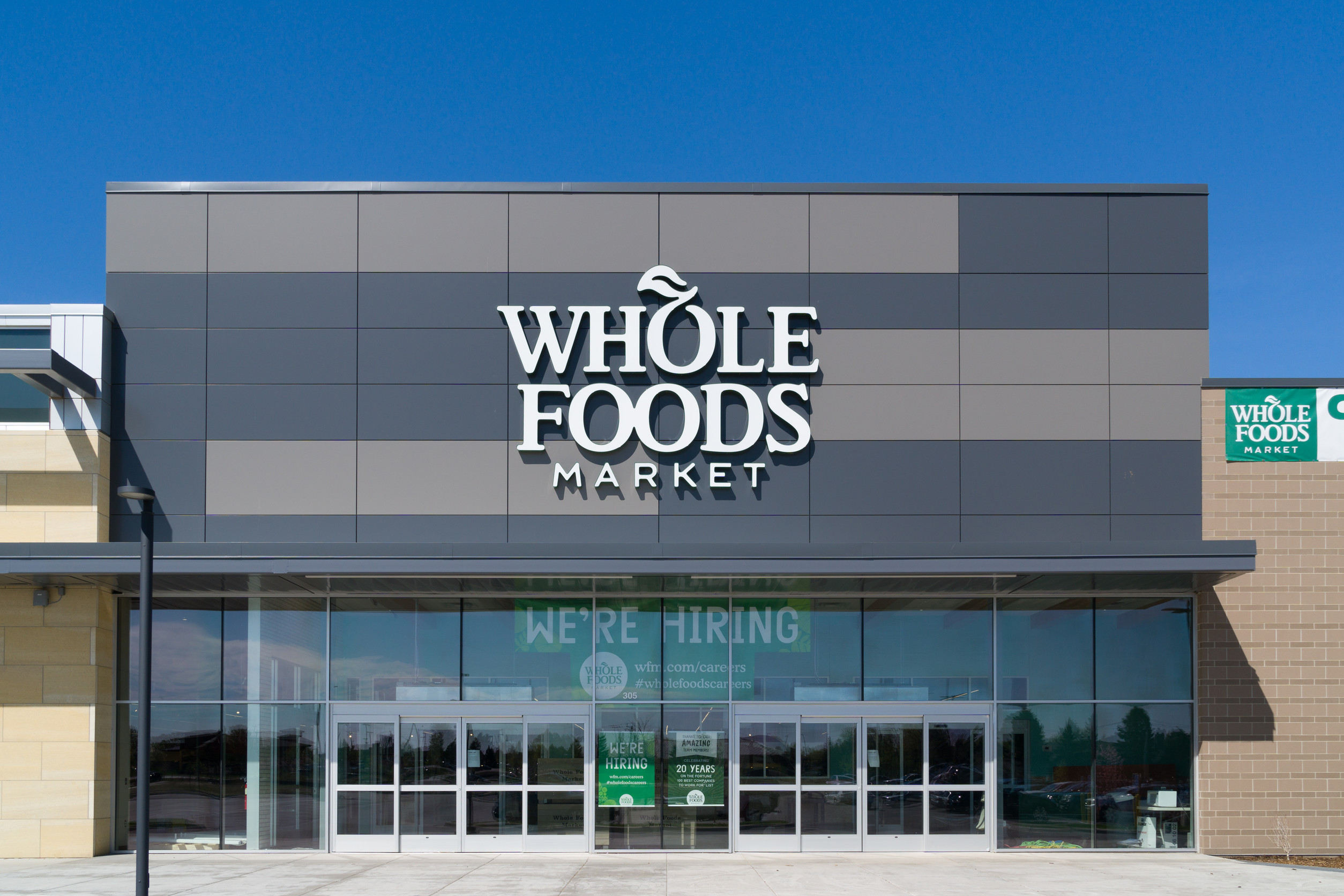Whole Foods built its brand on organic produce, sustainability, and conscious consumerism. But in recent years, the store once dubbed “Whole Paycheck” has become a lightning rod for criticism. From employee treatment to corporate policies and rising prices, more shoppers are questioning whether Whole Foods still lives up to its original mission. Across social media, you’ll now find thousands of people calling for a Whole Foods boycott—and some are taking their dollars elsewhere. The question is: are these complaints justified, or is this just outrage culture at work?
1. Amazon’s Ownership Changed the Game—and Not for the Better
When Amazon acquired Whole Foods in 2017, many loyal shoppers hoped the tech giant would lower prices and streamline operations. While prices on some items did drop initially, many consumers say the overall vibe of the store began to shift fast. Critics argue that the heart and soul of Whole Foods’ mission was replaced by cost-cutting, automation, and mass-market tactics. Workers have reported increased surveillance and stricter labor conditions under Amazon’s rule. For many shoppers, the Whole Foods boycott began when the store stopped feeling like a neighborhood market and started feeling like another faceless corporation.
2. Employee Treatment Sparked Major Backlash

Image Source: 123rf.com
Reports have surfaced over the years that Whole Foods—despite its eco-friendly image—has adopted increasingly rigid and demanding labor practices. Former employees have spoken out about unfair scheduling, pressure to avoid unionizing, and the removal of stock incentives. In 2020, the company even made headlines for reportedly disciplining staff who wore Black Lives Matter face masks. These incidents left many customers reevaluating whether their dollars aligned with their values. Supporting healthy food shouldn’t come at the cost of unhealthy working environments.
3. Prices Are Still Outrageous for Many Essentials
Despite promises to make organic food more accessible, Whole Foods continues to be one of the most expensive grocery chains in the country. Shoppers frequently vent on social media about $9 juice bottles, $6 apples, and $18 pre-packed salads. While quality matters, many feel the store now caters to an elite demographic rather than everyday families. The perception that Whole Foods is out of touch with average Americans has only fueled the Whole Foods boycott movement. In a time of inflation and rising living costs, paying a premium for pantry basics just doesn’t sit well with many.
4. Local and Small Brands Are Being Squeezed Out
Whole Foods was once a haven for small-batch, local producers—but not anymore. Since Amazon’s acquisition, many smaller brands report that they’ve been pushed off shelves in favor of larger suppliers that can meet uniform standards across hundreds of locations. This shift away from supporting local artisans has left a sour taste in the mouths of shoppers who once appreciated Whole Foods’ community-first approach. For those who value buying local, this change is more than just inconvenient—it feels like betrayal.
5. Questionable Sustainability Practices Raise Eyebrows
Whole Foods continues to market itself as eco-conscious, but critics argue the company’s sustainability claims don’t always match up with reality. Over-packaged produce, plastic-heavy displays, and increased use of Amazon’s centralized supply chains seem at odds with its “green” image. Even their seafood and meat sourcing has come under scrutiny by watchdog groups for not meeting advertised sustainability standards. For shoppers who care deeply about environmental ethics, these inconsistencies make the Whole Foods boycott feel justified—and even necessary.
6. There’s a Better (and Often Cheaper) Alternative Down the Street
With stores like Trader Joe’s, Sprouts, Aldi, and even Costco stepping up their organic and specialty food offerings, consumers have more choices than ever. Many of these chains offer comparable quality, without the Whole Foods markup. Add in farmers’ markets, co-ops, and online health food retailers, and suddenly Whole Foods isn’t the only game in town. Shoppers are starting to realize they can eat well and shop ethically without giving in to inflated prices or corporate policies they don’t agree with. This abundance of alternatives is only fueling the boycott further.
7. Boycotting Feels Like a Form of Consumer Power

Image Source: 123rf.com
In the age of digital activism, boycotting has become a popular way for consumers to take a stand. Whether it’s about labor rights, sustainability, or affordability, walking away from Whole Foods is a personal statement for many. TikTok and Reddit threads full of Whole Foods boycott stories offer not just rants, but practical advice on where to shop instead. For many people, this isn’t about cancel culture—it’s about conscious capitalism. The message is simple: if Whole Foods won’t align with our values, we’ll spend our money somewhere that does.
Maybe It’s Not About Quitting—But Questioning
You don’t have to cut ties with Whole Foods forever to ask tough questions about where your money goes. Even if you still shop there, being aware of these criticisms can empower you to make more informed, intentional choices. The Whole Foods boycott isn’t just about a single store—it’s part of a broader conversation about what we expect from companies that sell us health, sustainability, and social good. And in that conversation, every purchase becomes a vote.
Have you changed how you shop because of what you’ve heard—or experienced—at Whole Foods? Are you still a fan or ready to jump ship? Sound off in the comments!
Read More


